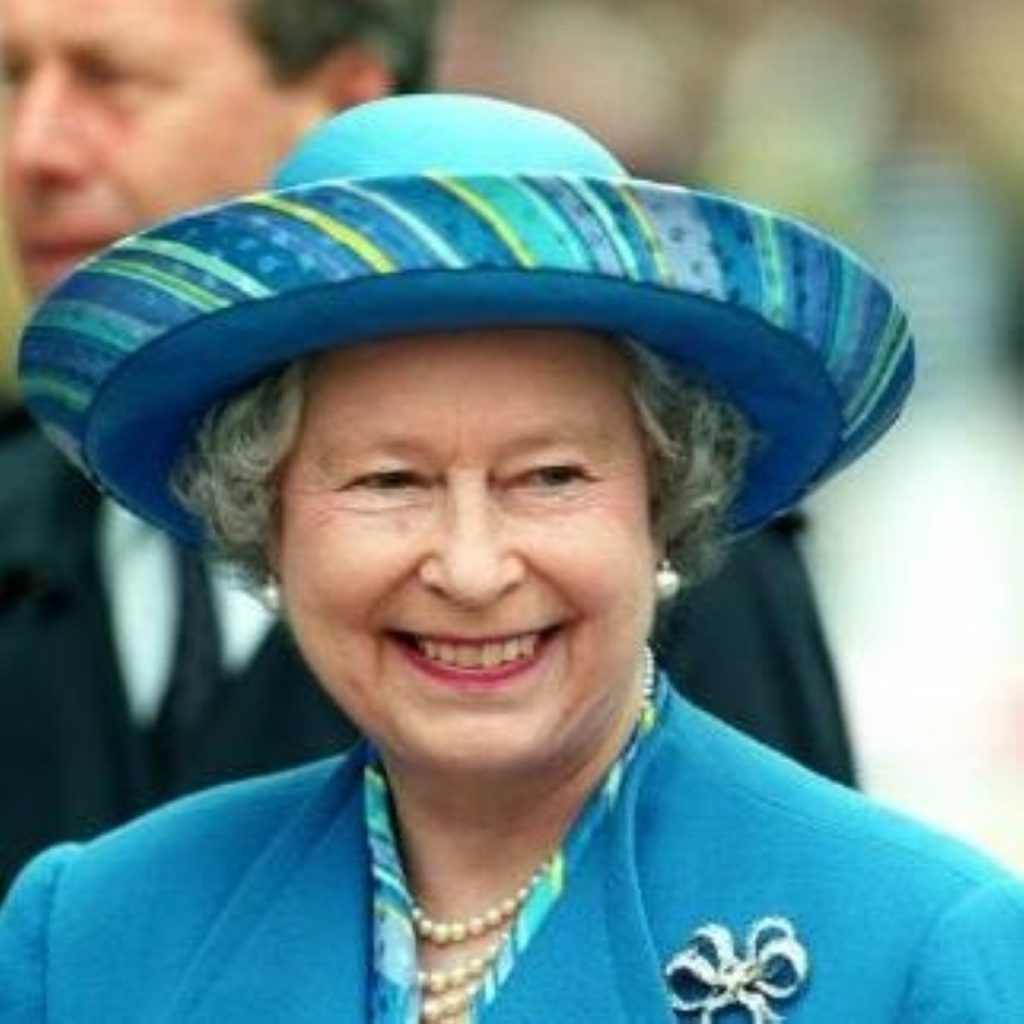Honours List to be overhauled
The Government has vowed to make the honours system more transparent and independent.
Ministers want to radically change the process of how MBEs, OBEs, CBEs, damehoods or knighthoods are bestowed, to make the 700 year old system less elitist.
The Cabinet Office pledged to make the decision making process – on who gets what for what – less secretive, and less run by Whitehall civil servants.
Civil servants compose the 1,500-name lists that are handed to the Queen biannually.


The Cabinet Office says it wants to shake-up the composition of the committees that approve final nominations. Critics say the committees, mostly run by permanent secretaries, are unrepresentative of the British people – that is to say, predominantly white, middle class and over 60.
MPs will decide next year how to make it more “credible” to the British public.
And the chairman of the Commons Public Administration Committee, Tony Wright, said: “We need to have an honours system which people believe is credible.”
Embarrassingly for the Government, and apparently showing the political dimension to the awards system, The Sunday Times revealed that the chief executive of the Medical Research Council Colin Blakemore’s name was not put forward for an honour because of his support for animal experiments.
A leaked document obtained by the broadsheet also found that tennis player Tim Henman was to be included in this year’s New Years’ Honours List, to ‘sex it up.’
Prof Blakemore told Channel Four News last night: “What I like from the Government is a very firm commitment to their previously stated position, not only of being in support of animal experimentation when essential, but also supporting scientists who are willing to communicate with the public on the issue.”
“I think the process of selecting people for honours could be more accountable, more rigorous and more democratic.”
Lord Sainsbury, the science minister, came out last night with assurances that the Government backed animal experimentation: “We support animal experimentation in the very tough regulatory regime we have in this country. We are also very supportive of the scientists who are prepared to be stand up and engage in debate on this difficult issue.”

